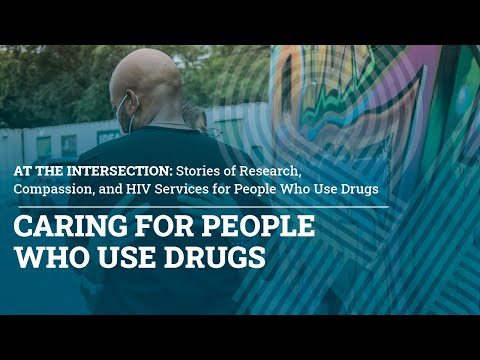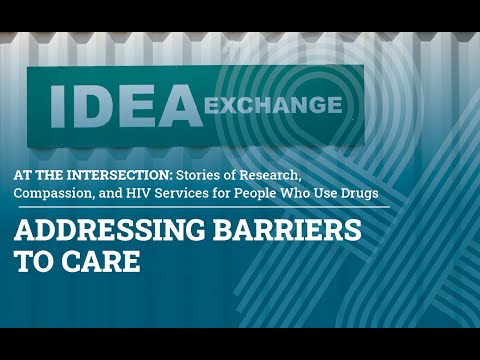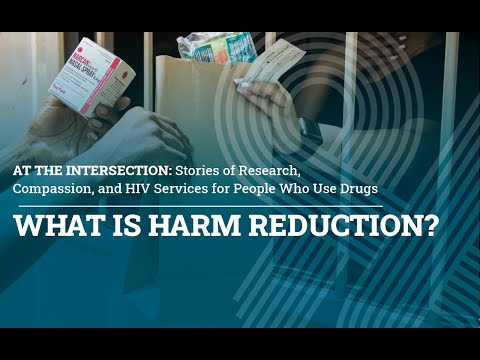

Learn about the latest research findings. Follow us on Twitter or subscribe to our RSS feed to receive our news releases. Contact our press office to be added to our media list or to arrange an interview.

Vaping among younger adults and binge drinking among mid-life adults also maintained historically high levels

Aims to elevate Indigenous knowledge and culture in research to respond to the overdose crisis

Study highlights need for greater education, training, and policies to support physician intervention in addiction

Study shows need to increase awareness that medications for opioid use disorder can be prescribed via primary care
August 29, 2024 | Vaping among younger adults and binge drinking among mid-life adults also maintained historically high levels
August 15, 2024 | Aims to elevate Indigenous knowledge and culture in research to respond to the overdose crisis
July 17, 2024 | Study highlights need for greater education, training, and policies to support physician intervention in addiction
June 28, 2024 | Study shows need to increase awareness that medications for opioid use disorder can be prescribed via primary care
June 17, 2024 | Receiving gold-standard care after a non-fatal overdose was associated with a decreased risk of subsequent overdose.
June 16, 2024 | COVID-19 and increasingly dangerous drugs among factors that may have contributed to diminished impact of intervention

Opioids are increasing the rates of overdose. But death is not inevitable. Peer support specialist Chetwyn “Arrow” Archer helps others connect with lifesaving care and tools, including overdose reversal medications such as naloxone.

Ending the HIV epidemic requires recognizing and respecting the complexity of the health goals and lives of sexual and gender minorities who use drugs.

Science-based care for people who use drugs includes nonjudgmental communication and goal setting. NIH-funded researchers share best practices for health professionals.
 Who Use Drugs" />
Who Use Drugs" />
NIDA-supported research tests innovations in how to provide science-based, person-centered care to people who use drugs. Here, people who use drugs, people in recovery, and harm reduction professionals including Dr. Hansel Tookes, provide health professionals with best practices.

NIDA-funded researcher Dr. Hansel Tookes and others share how innovations in harm reduction and HIV care aim to meet people where they are to improve their health and the health of their community.

Harm Reduction approaches address certain health and safety issues associated with drug use. Dr. Hansel Tookes, winner of the NIDA Avenir Award for HIV Research, and others describe what harm reduction is (and isn’t) in their own words.